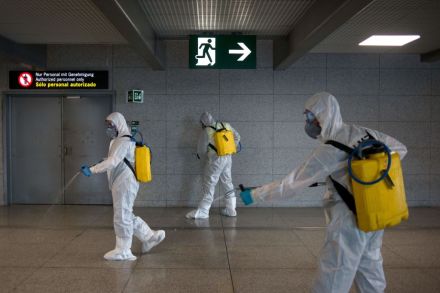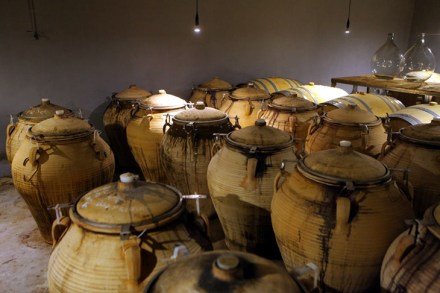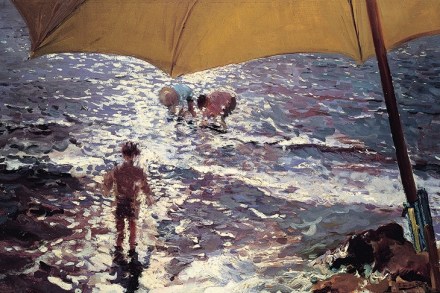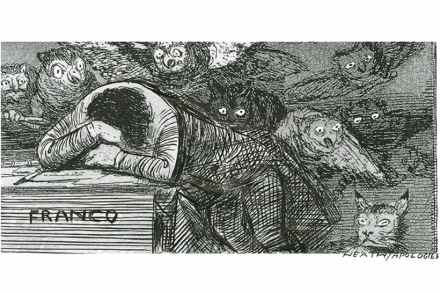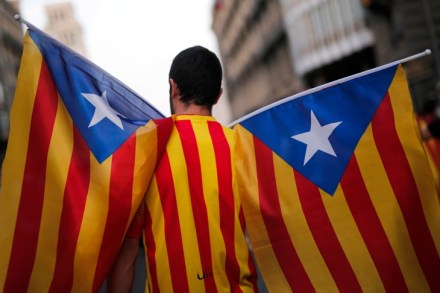It’s a mistake to compare our Covid death toll with Spain and France
Covid statistics are like complex machinery; if you don’t read the instructions you won’t operate them properly. Which is why the claim by some media outlets that the UK now has the second highest number of Covid deaths in Europe, should be handled with caution. It is true that on Wednesday the official UK Covid-19 death toll increased by 4,419 to 26,097 after the government included deaths outside hospitals for the first time. The figures were revised respectively by Public Health England since the first UK death in March. According to the Guardian, ‘The change comes after weeks of criticism of the way that the UK had been reporting its



